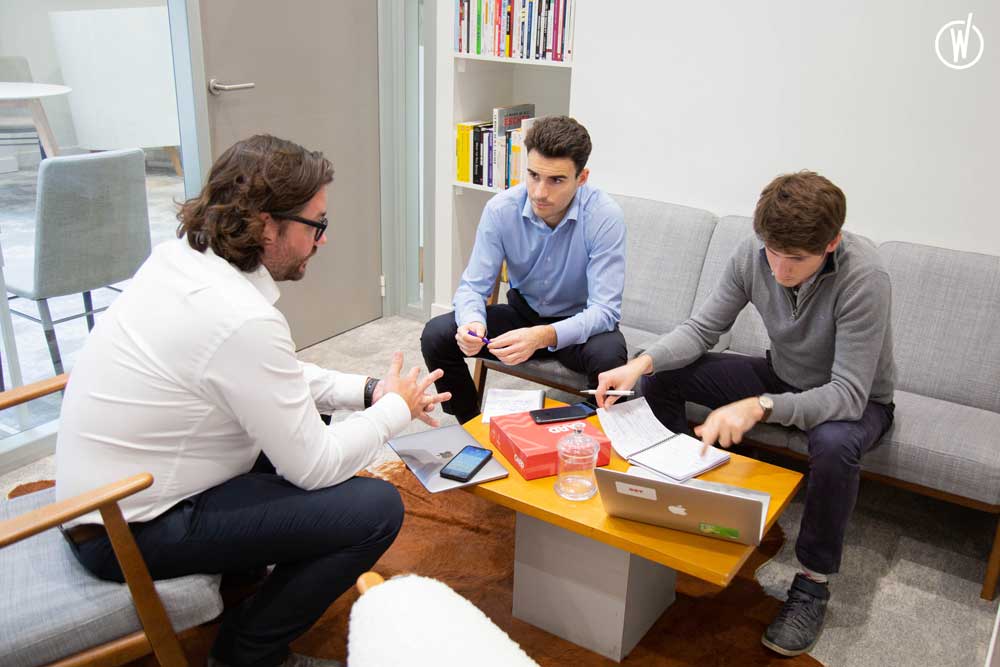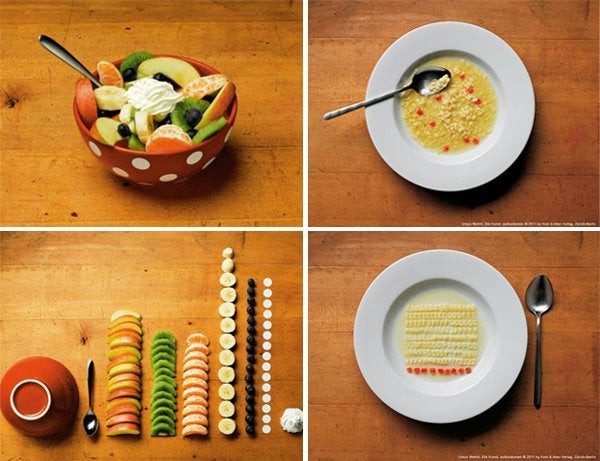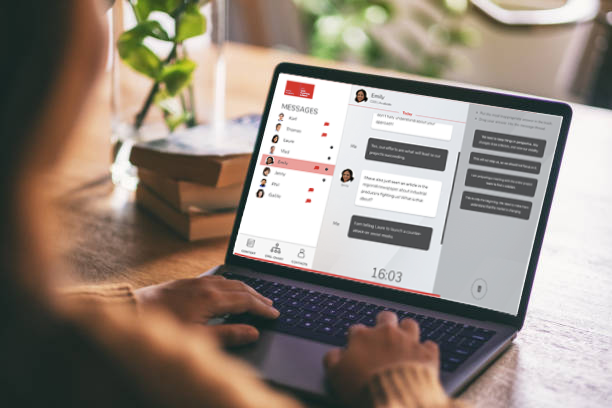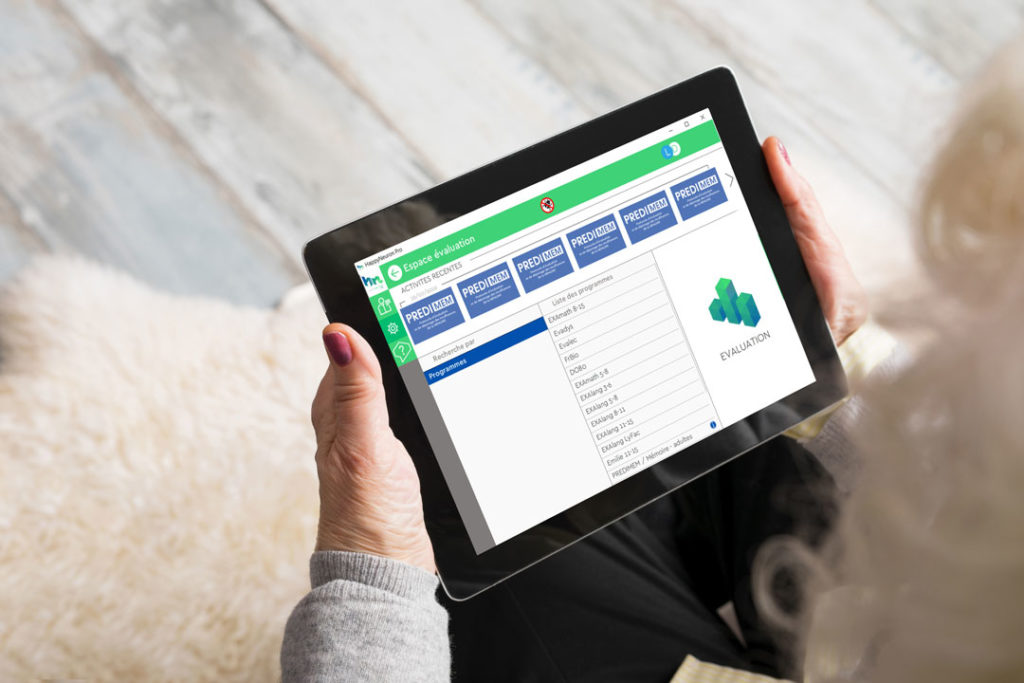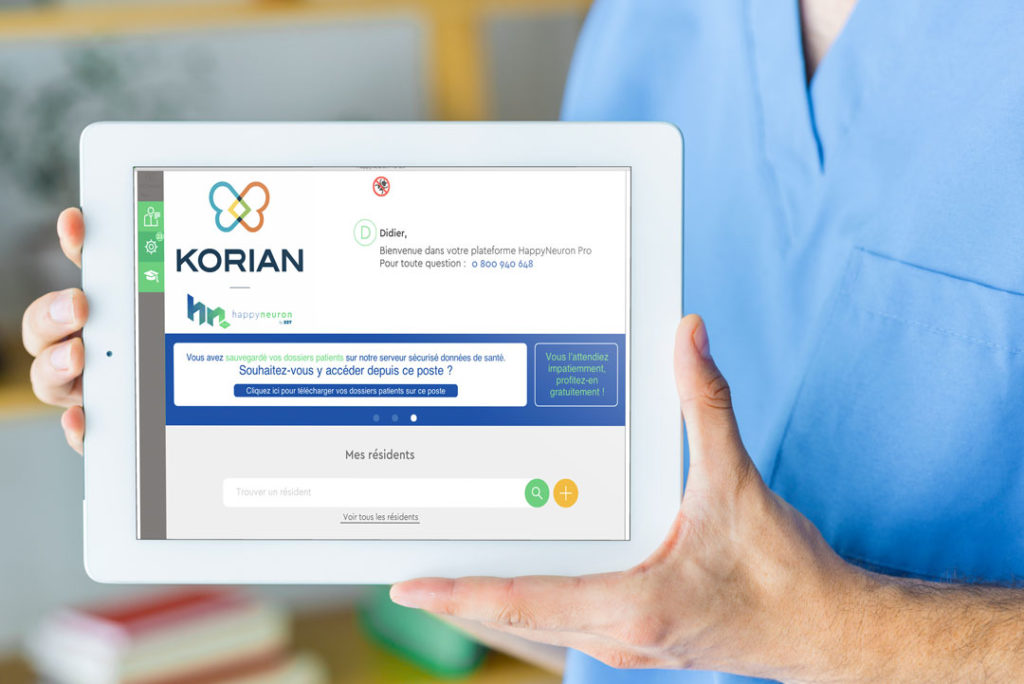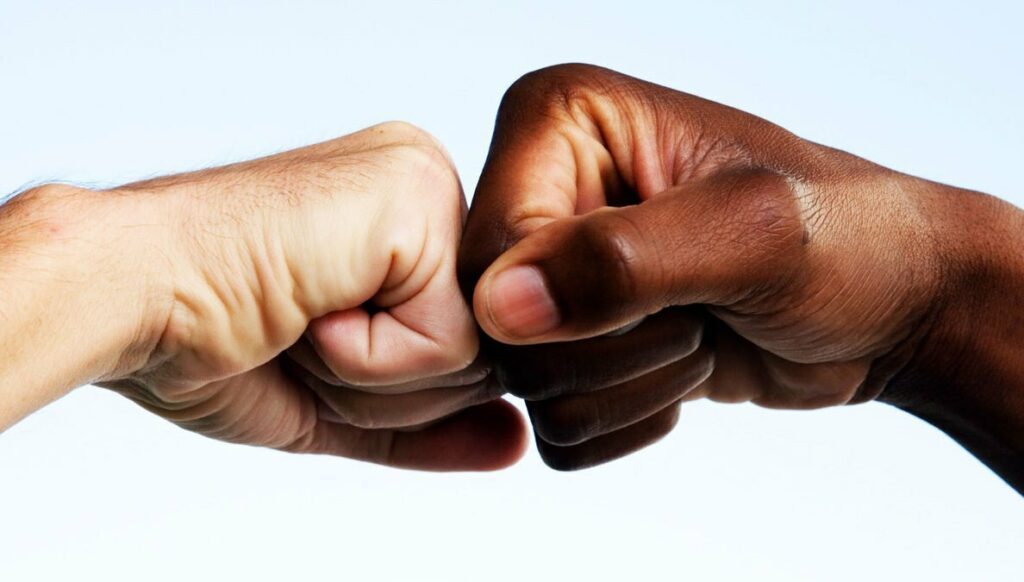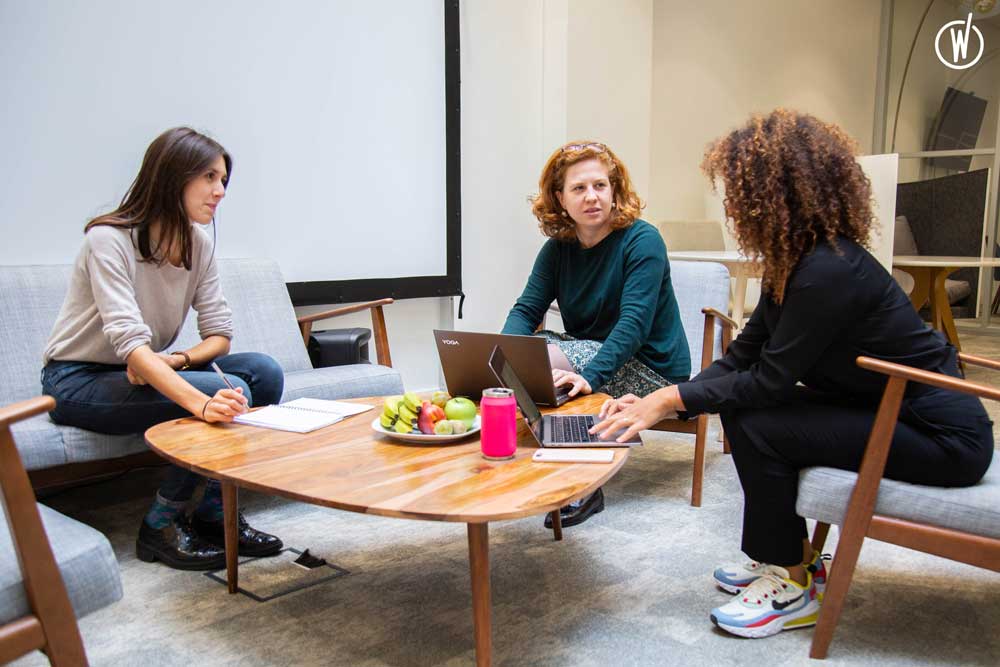However, this conception of the profession seems to be giving way to the evolutions brought forth by new technologies. Indeed, as soon as a technology can perform some of the actions I used to perform, thus putting my profession in question, is it still one? Moreover, from the moment that what I master is “outdated” and no longer corresponds to the reality of the world, can I still benefit from social recognition? In addition to the growing inadequacy of some professions (which requires a real reinvention of the latter), there is also their obsolescence, which is becoming increasingly rapid. The question then arises: will professions still exist tomorrow?
The answer is yes, but it is necessary to reinvent what we mean by “profession”; we thus need to move to a less statutory definition and a more contextual conception. Indeed, it will be more and more the professional context (a client’s project, for example), the socio-economic context (the evolution of the market’s needs and constraints, in particular), the health context, the demographic context, the environmental context or the technological context that will determine and shape the activity.
Professional expertise will need to be much more flexible to adapt to new realities. In the future, there will no longer be any one-size-fits-all training. Instead, a whole range of skills will be transmitted, including “learning to learn.” Learning to learn in order to adapt, to reinvent oneself, to unlearn, to forget, to decide, to sort information and to build one’s knowledge. It is this set of skills, taught by a new kind of teachers that will allow me to acquire all the knowledge I will need to fulfill this or that mission.
This skill base is composed of four meta-skills, which are true guides for behavior and actions, and are fundamental for the professions of tomorrow:
Taking care of.
This consists of being able to mobilize one’s attentional capacities to observe, describe and evaluate the quality of one’s interactions with one’s colleagues, clients, partners, projects, and environment in the broadest sense. By paying attention to the relationships between actors, it is possible to create better socio-professional balances – a responsibility that falls to each of us. This can take the form of team rituals dedicated to sharing feelings and apprehensions about past and future work situations.
It is a matter of knowing how to develop plots that create bridges between different elements, raise expectations, give hope for continuations and orient towards action. For example, approaching a project, its context, its objectives and its actors through a dystopian narrative allows one to identify the main risks and to organize oneself to prevent them.
Constructing narratives.
Creating meaning.
It is necessary to bring together and match the mental representations of the different actors. For example, within a team, it is necessary to identify the beliefs, preconceived ideas, memories, and other mental representations of each person, to distinguish between those that converge and those that diverge, to create images that make it possible to encompass the divergent representations or to create bridges between them and, finally, to build new collective mental representations. For example, in the context of reflections on experience, with clients or employees, it is a question of knowing how to express one’s relationship to everyday objects or services and confronting it with the perceptions of others, in order to create a common meaning.
The networking of information must be accompanied by the networking of skills and experiences (for more information, read: “The four meta-skills of the future”). It is as much a matter of each actor contributing to the network as of highlighting the relationships and interactions that structure the collaborative work of a group of actors. This can, for example, materialize through the construction of open interfaces allowing the sharing of resources between collaborators within the company.
Evolving towards collaborative networks.
Focusing on skills and context changes the game. Tomorrow’s CV will be an “augmented CV” highlighting, like a portfolio, the projects, experiences and skills of the individual, rather than their diplomas. The latter tell us what an individual has been able to do at a given moment, but they do not tell us what this same individual will be able to do at another moment and in another context. In addition to the revolution that this brings about in terms of training, this evolution puts an end to a certain socio-economic and cultural discrimination. If the potential of each person in terms of mental flexibility, creativity or attention is unequal, everyone can indeed train for it, as one trains a muscle – this is what we call cognitive training.


